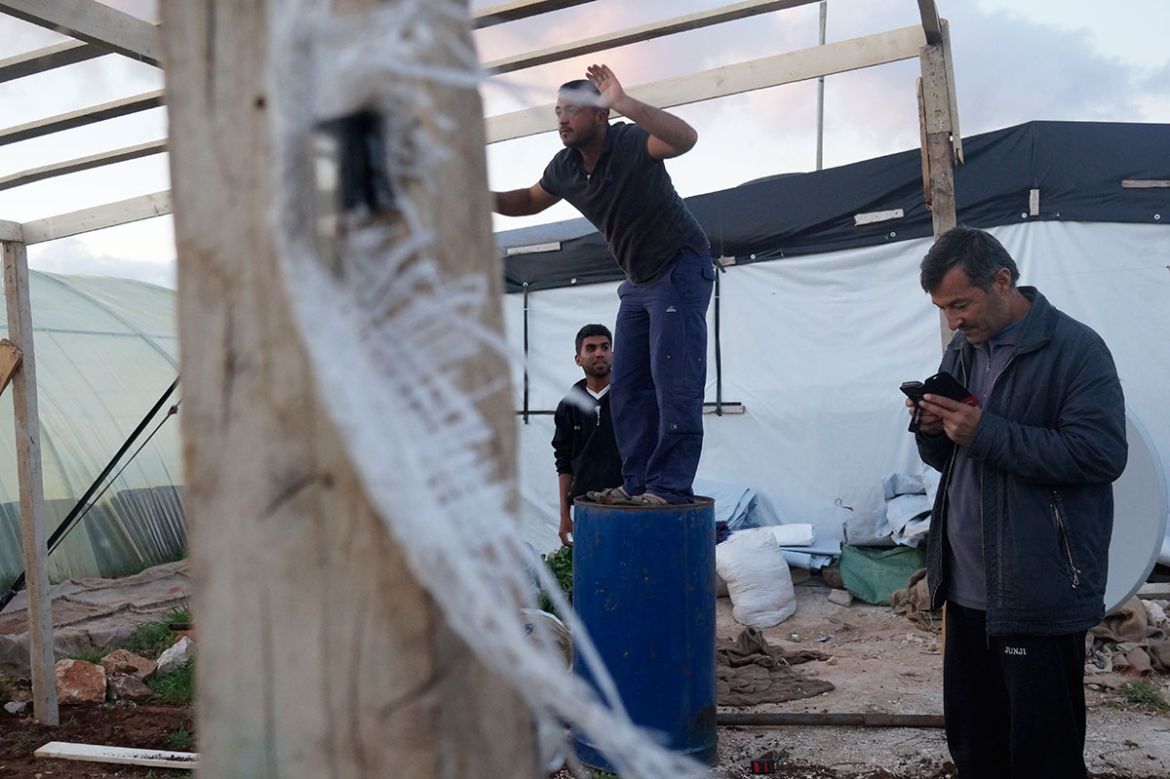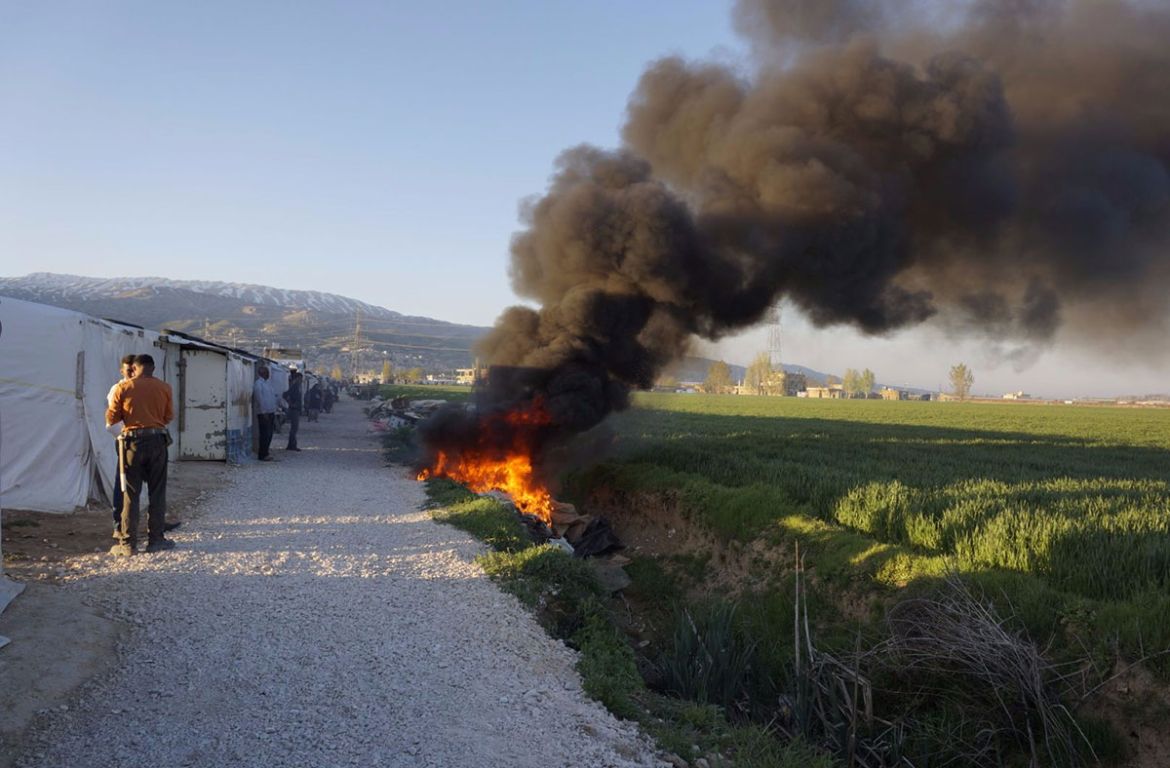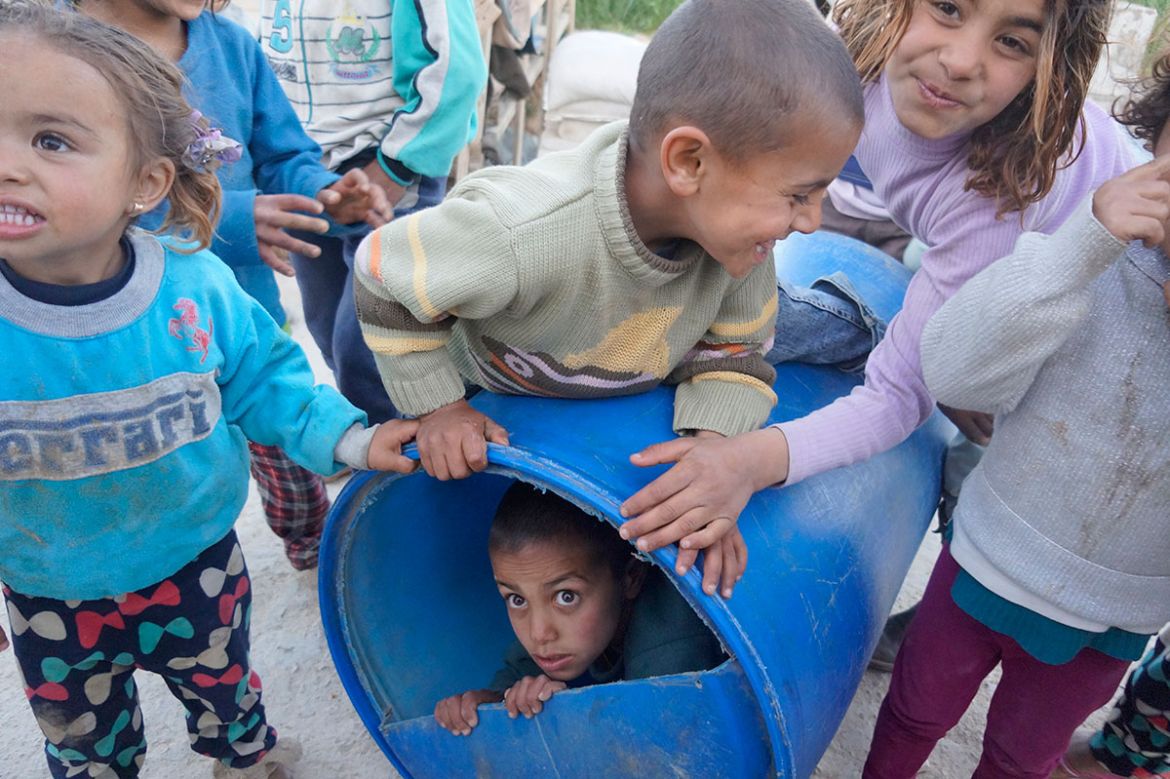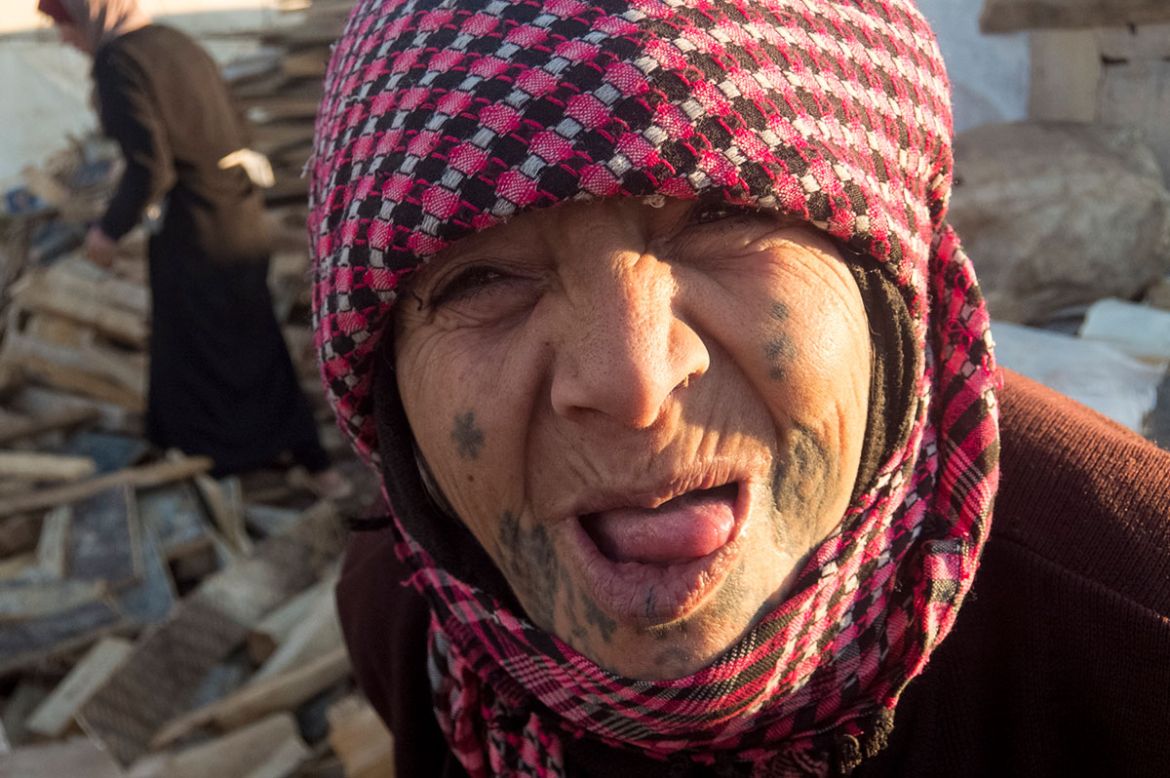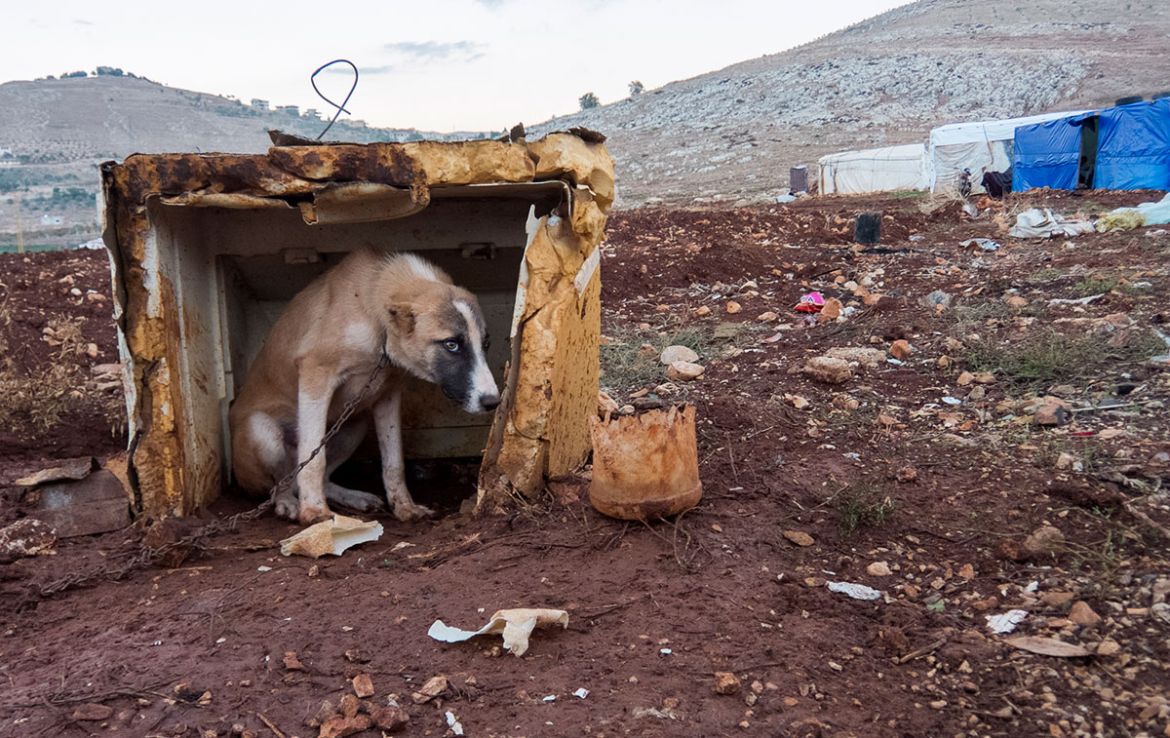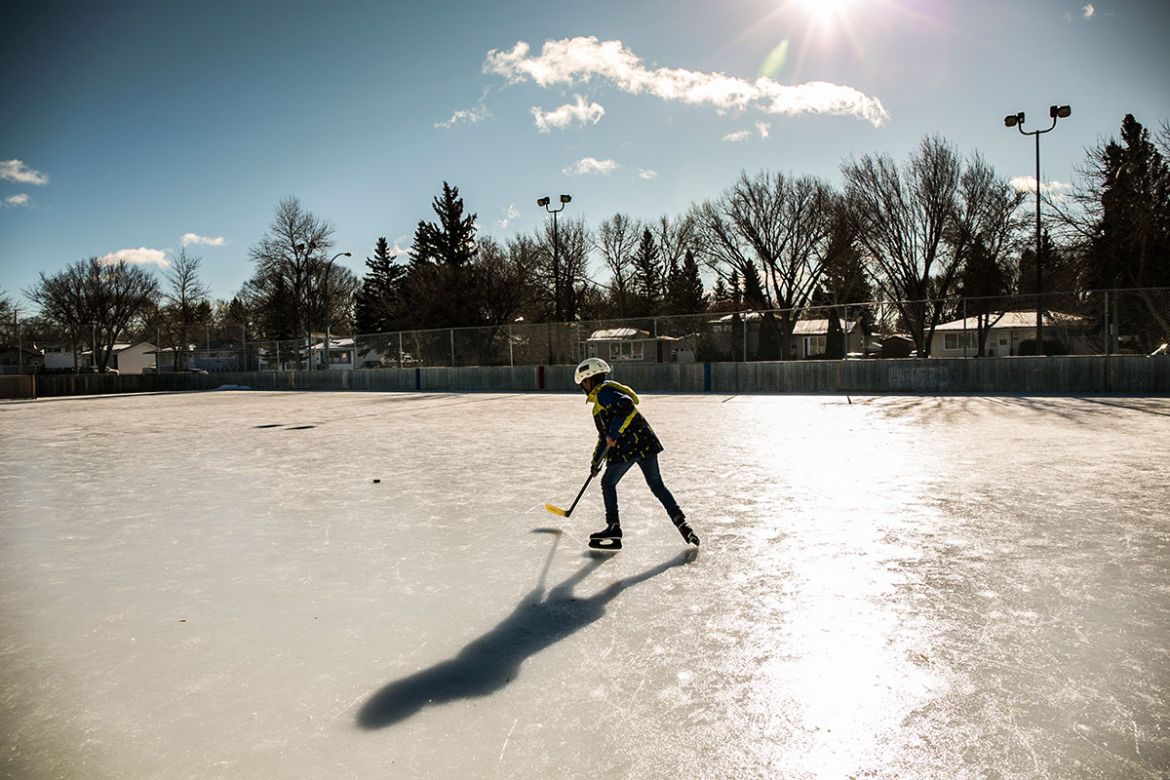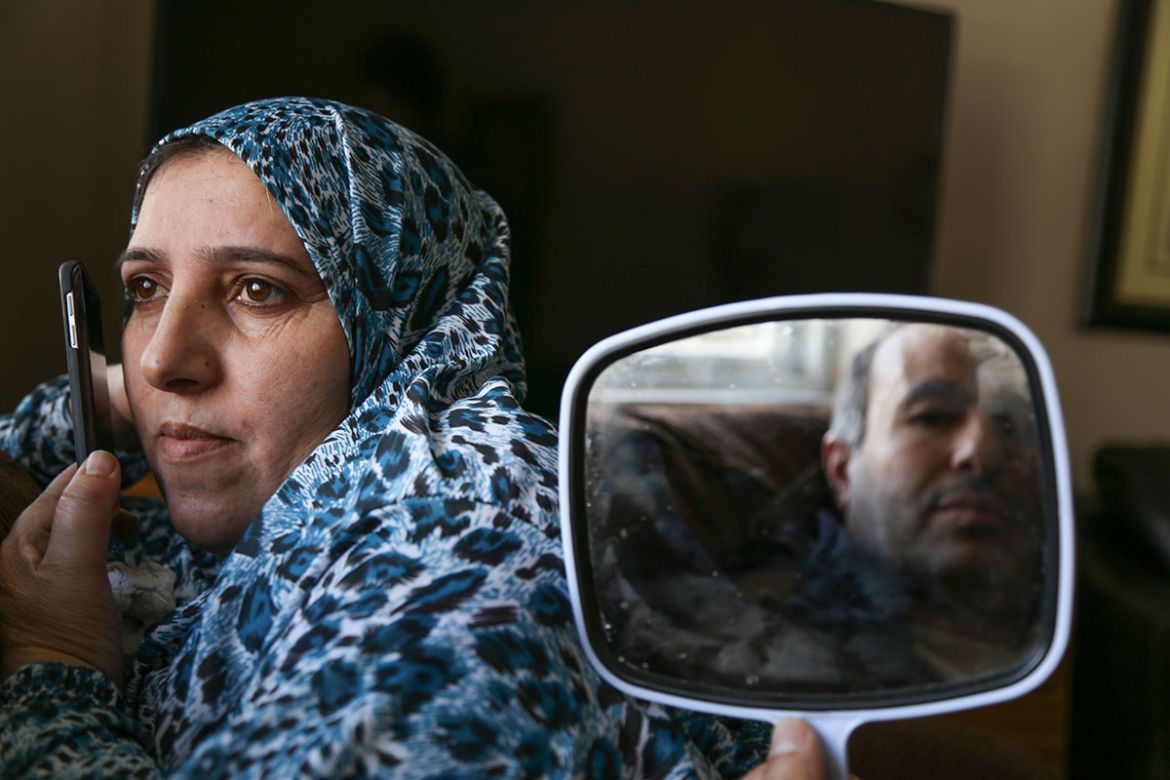In Pictures
The legally blind photographer capturing refugee life
A legally blind Syrian refugee photographs life in the camps of Lebanon and his family’s new start in Canada.

Hani al-Moliya first learned photography as a refugee living in a camp in Lebanon‘s Bekaa Valley. He had graduated from high school not long before he arrived there and craved further education. But there were no opportunities for that in the small tent settlement he shared with his relatives and former neighbours from Homs in Syria.
Hani had fled his war-torn hometown in 2012, shortly after he was arrested for trying to bring food into his neighbourhood.
“That was a turning point,” he says, “when I felt it wasn’t safe anymore.”
Hani’s parents and six siblings joined him in the Bekaa Valley, where they stayed for nearly three years.
“I really wanted to do something, so photography became a life raft,” the now 23-year-old explains. Through a UNHCR workshop, Hani was given a camera and the skills to start documenting his life. He soon became known locally as the “photographer of the camps”.
But what Hani’s photos don’t reveal is that he is legally blind.
He struggles to recognise people standing more than 10 feet away from him and doesn’t see all colours. Photographing moving objects is difficult, so he mostly focuses on still subjects and has memorised more than 10 exposure settings.
Hani and his family were given asylum in Canada and, in 2015, he moved to Regina, Saskatchewan, with his parents and five of his siblings. There, his photos have been exhibited at a gala of the Canadian Journalists for Free Expression and he was selected to be part of Prime Minister Justin Trudeau’s National Youth Council. He is now studying computer engineering.
One day, he would like to return to Syria, but he thinks that’s a long way off. “I have an ideal Syria in mind and I believe many members of my generation do too. But the Syria that I want, it will take a long time before we can get it,” he reflects. “We couldn’t really protect Syria, or be there for Syria now, but I look forward to building it when I get the chance.”
In Canada, Hani kept taking photos of his family as they adjusted to their new home country. His pictures tell the story of a family that lost everything, except each other. Here, Hani narrates their long journey and their new beginnings.
